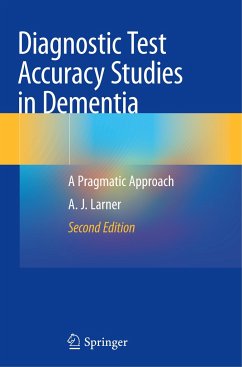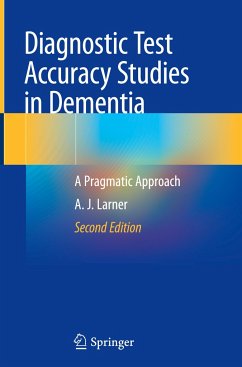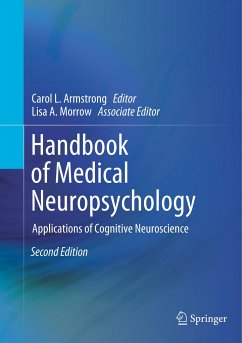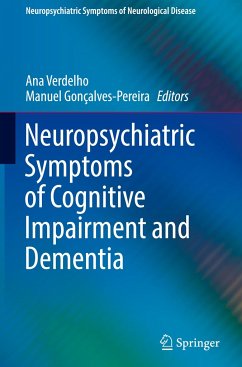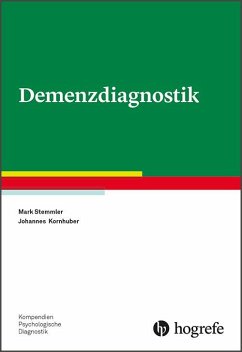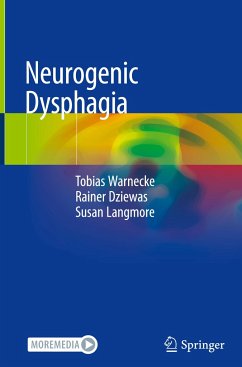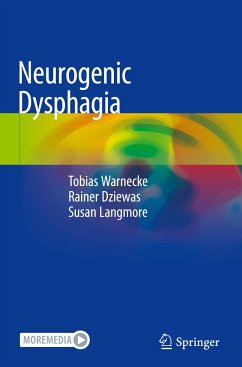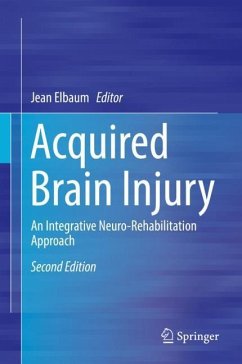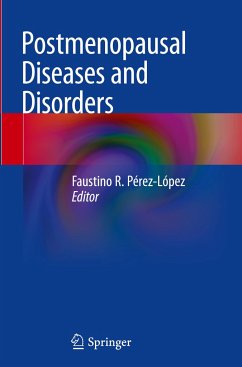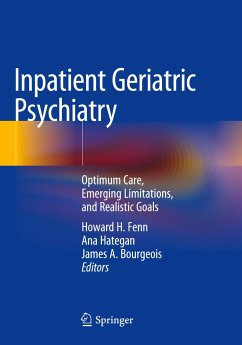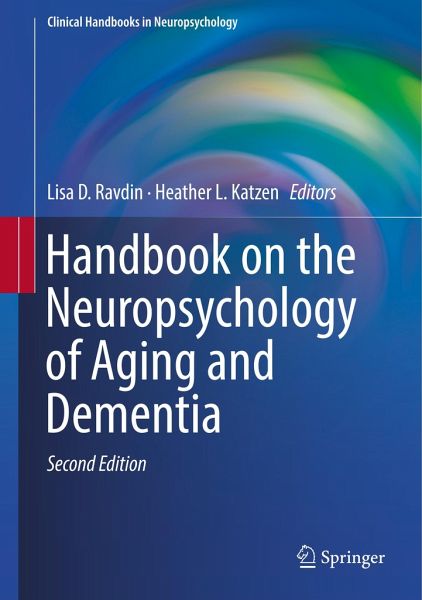
Handbook on the Neuropsychology of Aging and Dementia

PAYBACK Punkte
76 °P sammeln!
This comprehensive update offers practical advice for professionals working inneuropsychology with older adults. Focusing on fundamentals, common issues,special considerations, and late-life cognitive disorders, respected names in this criticalspecialty address a wide range of presenting problems and assessment, diagnostic,and treatment concerns. Th roughout, coverage pays keen attention to detail, bringingreal-world nuance to large-scale concepts and breaking down complex processes intodigestible steps. And like its predecessor, the new Handbook features recommendationsfor test batteries and ...
This comprehensive update offers practical advice for professionals working in
neuropsychology with older adults. Focusing on fundamentals, common issues,
special considerations, and late-life cognitive disorders, respected names in this critical
specialty address a wide range of presenting problems and assessment, diagnostic,
and treatment concerns. Th roughout, coverage pays keen attention to detail, bringing
real-world nuance to large-scale concepts and breaking down complex processes into
digestible steps. And like its predecessor, the new Handbook features recommendations
for test batteries and ends each chapter by extracting its "clinical pearls."
A sampling of the topics covered:
- Assessment of depression and anxiety in older adults.
- The assessment of change: serial assessments in dementia evaluations.
- Elder abuse identifi cation in older adults.
- Clinical assessment of postoperative cognitive decline.
- Cognitive training and rehabilitation in aging and dementia.
- Diff erentiating mild cognitive impairment and cognitive changes of normal
aging.
- Evaluating cognition in patients with chronic obstructive pulmonary disease.
This Second Edition of the Handbook on the Neuropsychology of Aging and Dementia
offers a wealth of expert knowledge and hands-on guidance for neuropsychologists,
gerontologists, social workers, and other clinicians interested in aging. Th is can be a
valuable reference for those studying for board certifi cation in neuropsychology as well
as a resource for veteran practitioners brushing up on key concepts in neuropsychology
of age related disorders.
neuropsychology with older adults. Focusing on fundamentals, common issues,
special considerations, and late-life cognitive disorders, respected names in this critical
specialty address a wide range of presenting problems and assessment, diagnostic,
and treatment concerns. Th roughout, coverage pays keen attention to detail, bringing
real-world nuance to large-scale concepts and breaking down complex processes into
digestible steps. And like its predecessor, the new Handbook features recommendations
for test batteries and ends each chapter by extracting its "clinical pearls."
A sampling of the topics covered:
- Assessment of depression and anxiety in older adults.
- The assessment of change: serial assessments in dementia evaluations.
- Elder abuse identifi cation in older adults.
- Clinical assessment of postoperative cognitive decline.
- Cognitive training and rehabilitation in aging and dementia.
- Diff erentiating mild cognitive impairment and cognitive changes of normal
aging.
- Evaluating cognition in patients with chronic obstructive pulmonary disease.
This Second Edition of the Handbook on the Neuropsychology of Aging and Dementia
offers a wealth of expert knowledge and hands-on guidance for neuropsychologists,
gerontologists, social workers, and other clinicians interested in aging. Th is can be a
valuable reference for those studying for board certifi cation in neuropsychology as well
as a resource for veteran practitioners brushing up on key concepts in neuropsychology
of age related disorders.





